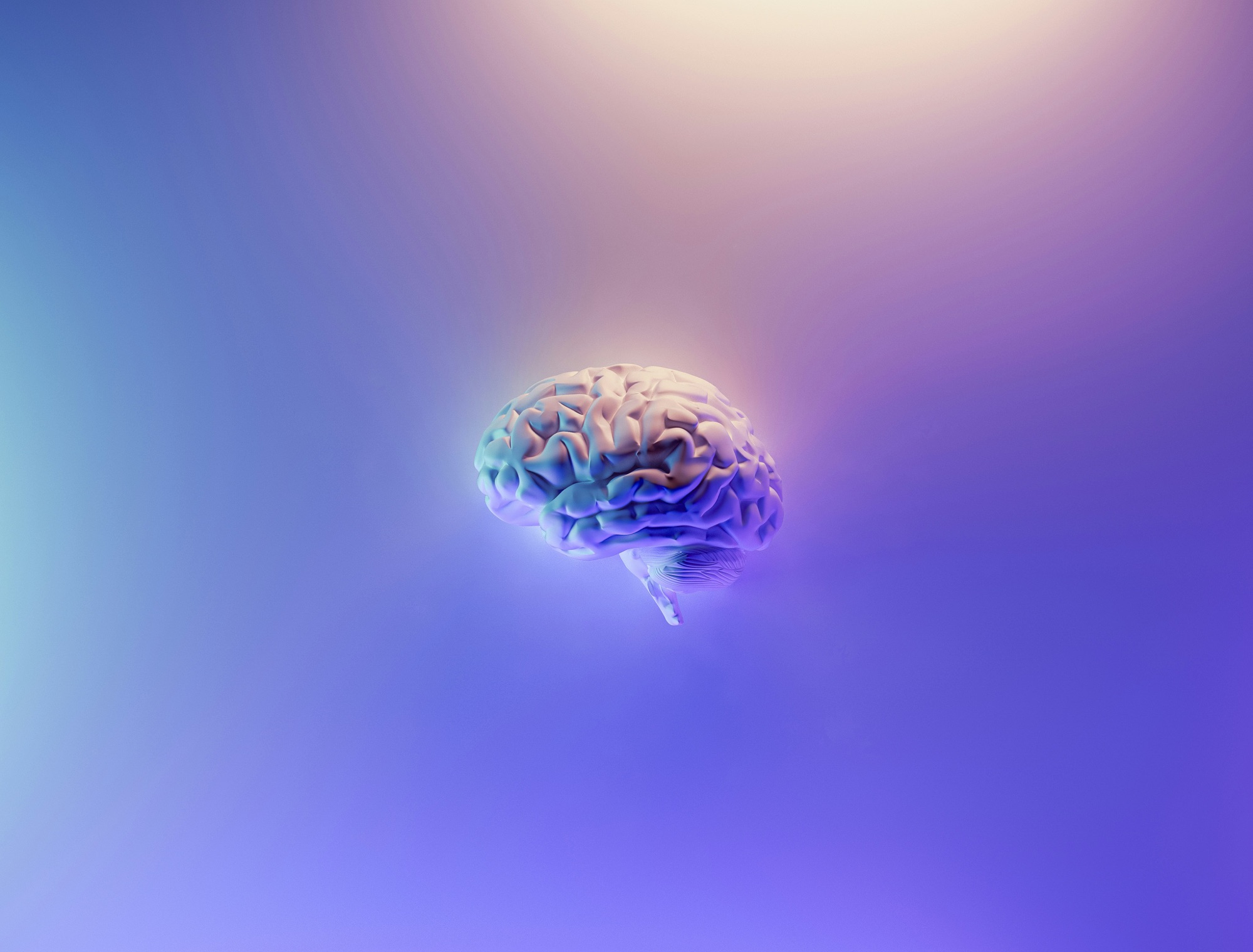Human intelligence is a complex trait influenced by an array of factors ranging from genetic to environmental variables. The variability in intelligence among individuals is a subject of extensive research and debate within the scientific community, encompassing fields such as genetics, neuroscience, psychology, and education. This article looks into the multifaceted reasons why some humans appear smarter than others, examining the interplay of genetic predispositions, environmental influences, educational opportunities, and more.
Genetic Factors
Genetic Inheritance
Intelligence is partially heritable. Studies, including those on twins and adopted children, suggest that 40-80% of the variance in IQ among individuals can be attributed to genetic differences. The human genome contains a multitude of genes that contribute to the neural architecture essential for cognitive functions. Variations in these genes between individuals can lead to significant differences in cognitive abilities.
For example, research has identified specific genes, such as those involved in synaptic plasticity and neurotransmitter regulation, as influential in determining intelligence. These genetic markers can affect how efficiently neurons communicate, ultimately impacting cognitive processes like memory and attention.
Gene-Environment Interactions
The expression of genetic potential is often influenced by the environment. For instance, a child inheriting genes that could lead to high intelligence might not reach their full potential if they grow up in a deprived environment. Conversely, a supportive, stimulating environment can sometimes compensate for the lack of a genetic predisposition towards high intelligence.
Imagine two children with similar genetic potential for intelligence. One grows up in an environment rich in educational resources, engaged caregivers, and ample opportunities for exploration and learning. The other grows up in a less stimulating environment. Over time, the former is likely to develop higher cognitive abilities due to the enriched environment that encourages and nurtures cognitive development.
Environmental Influences
Socioeconomic Factors
The socioeconomic status (SES) of a family can significantly impact cognitive development. Factors such as nutrition, access to educational resources, and exposure to stressors (e.g., financial instability, neighborhood safety) can affect cognitive abilities. Children from higher socioeconomic backgrounds tend to have access to better educational opportunities and resources, which can enhance cognitive development.
Nutrition
Proper nutrition is essential for brain development, especially in the early years of life. A diet rich in essential nutrients like omega-3 fatty acids, iron, zinc, and vitamins is crucial for cognitive functioning. Studies have shown that malnutrition during critical growth periods can lead to long-term deficits in cognitive performance. For example, children with iron deficiency may experience difficulties with concentration and memory.
Stress and Stability
Chronic exposure to stressors, such as financial instability or unsafe living conditions, can negatively affect cognitive development. Stress triggers the release of cortisol, a hormone that, in high levels, can impair brain function, particularly in the areas responsible for memory and learning. Creating a stable, supportive environment helps mitigate these effects, allowing children to focus on educational and intellectual pursuits.
Education and Learning Opportunities
Education plays a critical role in intellectual development. Quality schooling can help individuals develop critical thinking skills, problem-solving abilities, and general knowledge. Furthermore, life-long learning and intellectual curiosity—traits more easily pursued in environments that value education—contribute significantly to an individual’s intellectual prowess.
Early Childhood Education
Early childhood education is pivotal in shaping cognitive abilities. Programs that focus on developing language skills, social interactions, and problem-solving abilities can lay a strong foundation for future learning. The Head Start program in the United States, for example, has shown that children who participate in early educational interventions tend to perform better academically and socially compared to their peers who do not.
Life-long Learning
The pursuit of knowledge should not end after formal education. Engaging in life-long learning through reading, participating in workshops, or even learning new hobbies can keep the brain active and enhance cognitive abilities. For instance, learning a new language has been shown to improve executive functions, such as problem-solving and multitasking.
Cultural Influence
Cultural background also influences cognitive development. Different cultures emphasize various cognitive skills which can affect performance on intelligence tests. For instance, some cultures might stress memorization and rote learning, while others might prioritize problem-solving and creativity.
Cultural Values and Education
In some cultures, education is highly valued, and families invest significant resources to provide the best possible learning opportunities for their children. This cultural emphasis on education can lead to higher academic achievements and better cognitive development. On the other hand, cultures that prioritize practical skills and hands-on learning might excel in areas that require creativity and innovation.
Neurological Development
Brain Structure and Efficiency
Research in neuroscience has shown that the brain’s structure and efficiency in neural processing play crucial roles in intelligence. Factors such as brain volume, the density of grey matter, and the integrity of white matter connections correlate with cognitive performance. Additionally, the efficiency of neural networks in processing and transmitting information can also vary significantly among individuals, affecting intelligence.
Grey Matter and Cognitive Functions
Grey matter consists of neuronal cell bodies and is crucial for processing information in the brain. Studies have found a positive correlation between the volume of grey matter in specific brain regions, such as the prefrontal cortex, and intelligence. Enhancing grey matter through activities that require mental effort, like strategic games or complex problem-solving tasks, can potentially boost cognitive abilities.
Plasticity
Brain plasticity, or the ability to adapt and reorganize neural pathways based on new experiences, is crucial in learning and cognitive development. Individuals with high plasticity can learn and adapt more quickly, enhancing their cognitive abilities.
Increasing Brain Plasticity
Engaging in activities that challenge the brain, such as learning a musical instrument or solving puzzles, can enhance brain plasticity. Regularly stepping out of comfort zones and exposing the brain to new experiences encourages the formation of new neural connections, thereby improving cognitive functions.
Lifestyle Choices
Health and Physical Activity
General health and physical activity have been linked to cognitive performance. Regular physical exercise boosts blood flow to the brain, improving oxygenation and the nourishment of neural cells, which can enhance cognitive functions. Chronic health issues, on the other hand, can impair cognitive abilities.
Exercise and Brain Health
Activities like aerobic exercises, yoga, and even brisk walking have been shown to stimulate brain growth and improve mental health. Exercise increases the production of neurotrophic factors, such as BDNF (brain-derived neurotrophic factor), which supports the survival and growth of neurons.
Mental Health
Mental health can significantly impact cognitive functions. Conditions such as depression or chronic anxiety can impair cognitive efficiency and overall intelligence. Managing mental health is thus crucial for optimal cognitive performance.
Stress Management Techniques
Practicing mindfulness, meditation, and deep-breathing exercises can help manage stress and improve mental health. These practices reduce cortisol levels and promote relaxation, which can enhance cognitive functions and overall well-being.
Social and Emotional Factors
Emotional Intelligence
Emotional intelligence (EQ) is the ability to understand, use, and manage emotions effectively. People with high EQ tend to have better social skills, empathy, and emotional regulation, which can influence cognitive functions. Emotional intelligence contributes to effective communication, conflict resolution, and relationship building, all of which are crucial for personal and professional success.
Developing Emotional Intelligence
To boost EQ, individuals can practice self-awareness by reflecting on their emotions and how they affect their behaviors. Engaging in active listening and empathy exercises can also enhance emotional understanding and interpersonal skills.
Motivation and Ambition
A strong desire to learn and achieve can drive individuals to seek out new knowledge and opportunities, enhancing their cognitive abilities. Motivation plays a significant role in educational attainment and intellectual growth. Highly motivated individuals are more likely to pursue challenging tasks and persist in the face of difficulties, leading to greater cognitive development.
Cultivating Motivation
Setting clear goals, seeking inspiration from role models, and rewarding oneself for accomplishments can foster motivation. Creating an environment that encourages curiosity and creativity also supports ongoing intellectual growth.
Practical Tips for Enhancing Intelligence
- Engage in Regular Physical Activity: Incorporate activities like jogging, swimming, or cycling into your routine to boost brain health.
- Pursue Lifelong Learning: Take up new hobbies, attend workshops, or read extensively to stimulate cognitive growth.
- Cultivate a Growth Mindset: Embrace challenges and view setbacks as opportunities for learning and development.
- Practice Mindfulness: Incorporate meditation or yoga into daily routines to reduce stress and enhance focus.
- Foster Social Connections: Engage in meaningful conversations and build supportive relationships to enhance emotional and cognitive well-being.
- Optimize Nutrition: Consume a balanced diet rich in essential nutrients to support brain health and cognitive function.
Understanding the broad spectrum of intelligence requires a multidisciplinary approach, encompassing genetics, neuroscience, psychology, and social sciences. By exploring these varied dimensions, researchers continue to unravel the intricate tapestry of factors that contribute to the diversity of human intelligence. This understanding not only enriches our knowledge of human potential but also informs educational and social policies to nurture and maximize the intellectual capacities of future generations.




